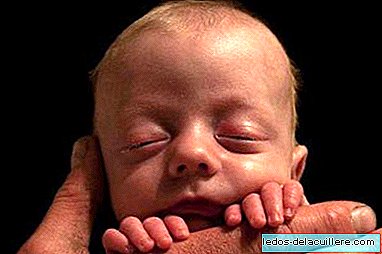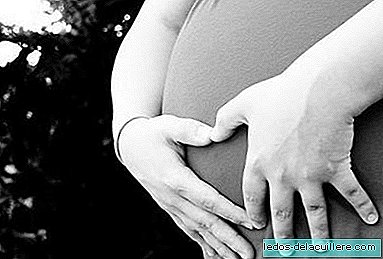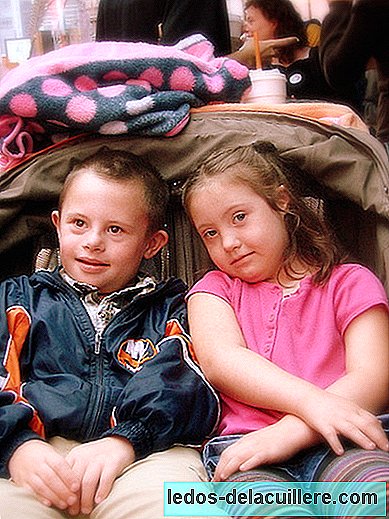
It is not the first time that prematurity is related to autism, a more common disorder than is thought to cause alterations in children's behavior. A new study ensures that premature babies are at five times more risk than full-term children of developing autism.
The authors of the research followed more than eight hundred premature babies until they turned 21 years old, all born from the 26th week of gestation weighing between 500 grams and two kilos. Five out of every 100 young adults who were born with less than 2 kilograms were diagnosed with autism.
The study, published in the magazine Pediatrics, is the first to establish a relationship between low birth weight and autism.
On the other hand, an earlier study found an even higher incidence: eight out of every 100 children born extremely premature (before the 26th week of gestation) develop autism.
The relationship is not that prematurity causes autism, but that being born before term increases the risk that the baby's brain suffers from an injury, and that that injury may be associated with autism.
Experts warn that many of these children's cognitive problems can hide background autism.
Even so, to reassure the parents of premature babies, most do not develop autism, you just have to be alert to possible signs because early intervention greatly improves the quality of life of these children.












